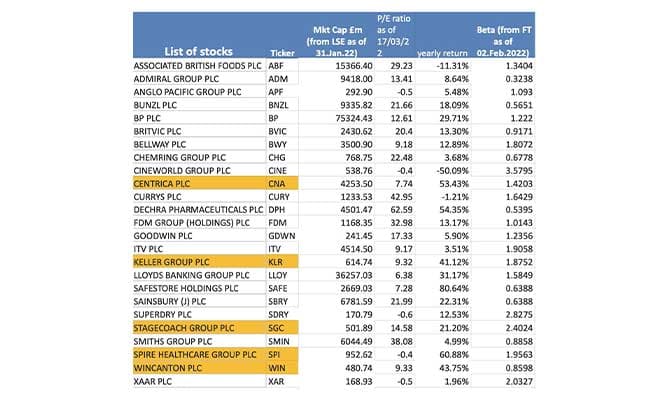On our course BSc (Hons) IBFE as part of our modules, we are set practical coursework tasks to develop our analytical and problem-solving skills. Lots of this work is completed in groups which is also great teamwork skills and meeting people across AMBS. In this blog, I will share examples of coursework from my modules this semester.
Business Law 1 – ‘How can the Consumer Laws of the UK be used to challenge greenwashing?’:
Greenwashing is a new phenomenon where companies exaggerate the green credentials of their goods in order to attract customers. There is currently no legislation or UK court cases challenging greenwashing. Therefore, we were tasked to find how existing Consumer Laws can be used to tackle greenwashing. This task was great for developing research skills as this type of task was completely new to us and very relevant. We searched through existing UK legislation and eventually found laws such as the Consumer Rights Act 2015 that could be used to challenge greenwashing. For example, the image included is a section from the Consumer Rights Act stating how goods must match their description. This can be used to challenge greenwashing as goods with false green labelling no longer match their description. Overall, this was a rewarding challenge as we all furthered our knowledge of UK legislation and how businesses must be aware of laws they could potentially be breaking.
Investment Analysis – ‘From this list of 25 stocks, select 5 stocks and weight these stocks within a portfolio to maximise your investors’ return’:
In a group, we were tasked to systemically choose 5 stocks to maximise our investors’ return over a specific period. To do this, we used the tools we had learnt during the semester such as the P/E ratio – where we chose stocks with a low P/E ratio as this means the stock is undervalued. Furthermore, we chose stocks with a lower market capitalisation and high recent past performance as empirical evidence shows these stocks continue to perform well in the future. This was a great exercise as all members of the group shared their perspectives on how to analyse the stocks and we worked together to combine our views in order to choose the best 5 stocks. The image below illustrates the list of stocks and the factors we used to analyse the stocks.

International Business – ‘Analyse LG-Nortel’s Joint Venture, what were the driving factors of this joint venture, how would you advise LG-Nortel chairman MacKinnon on managing the different cultures of LG and Nortel?’
In International Business, we have been learning about how multinational companies enter new markets. In this scenario, Nortel was aiming to expand into South Korea and chose to enter through a joint venture with LG. We assessed the driving factors of this such as how LG had strong market positioning in South Korea and LG was a licensed telecommunication company in South Korea – therefore, giving Nortel direct market access in South Korea. In lectures, we have also learnt how different cultures affect business practices. South Korean culture is very different to Nortel’s home continent, North America – therefore, we gave recommendations to senior executives within the organisation on how to manage and integrate both cultures into LG-Nortel in order to keep all staff motivated. This was a really practical task as many students from BSc (Hons) International Business, Finance and Economics work for large international organisations after graduation and these are decisions we would be dealing with on a daily basis.


